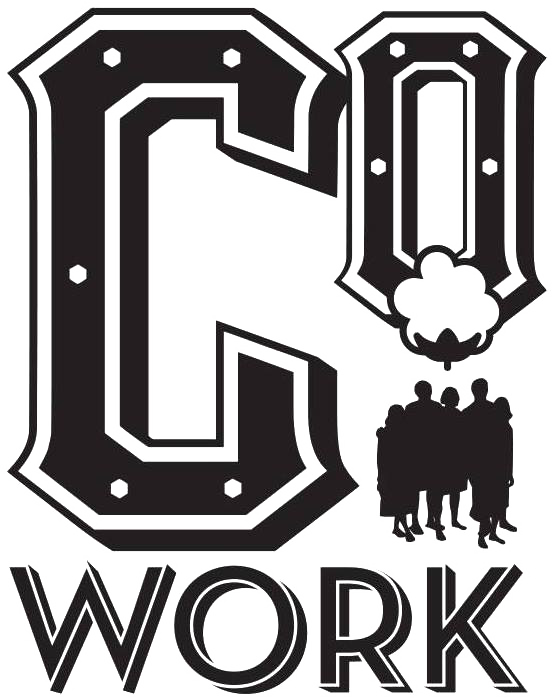What is Range Arts?
We’re Jamesan and Denis, the founders of Range Arts, a firearms safety training company. We’re dedicated to welcoming, fun, and comprehensive training experiences for our clients and supplying related safety, storage, and care products. You’ll see us both around Cotton Factory from time to time, so please say hi!

Our primary activity at Cotton Factory is providing the Canadian Firearms Safety Courses, which are required to apply to the RCMP for your Firearms Possession and Acquisition Licence (PAL). We also provide the Ontario Hunter Education Program (OHEP), which is required to apply to the Ministry of Natural Resources and Forestry for your Outdoors Card and allows you to hunt or fish in Ontario.
If you take a peek in our classroom and see people holding guns – don’t be alarmed – they’re all permanently deactivated and can’t fire any ammunition. We’re teaching beginners a lot of time and there will never be any shooting involved at Cotton Factory.
When did Range Arts start?
We started almost two years ago, but due to Covid lockdowns we’ve been operating for about 7 or 8 months of those two years. Most of our courses are in-person because they include practical training and testing. Anytime regulations have prevented us from putting people in rooms together, and that’s been quite a bit of the last two years, we’ve been wondering if we’d be able to keep going on the other side. But every time we’ve re-opened we’ve had an overwhelming positive response. We think it’s because we work really hard on making our courses welcoming and accessible.
How did you get together and start this business?
We met practicing martial arts almost a decade ago, and we see the practice and skills development in target shooting as very similar to martial arts. Range Arts is a nod to that, and to our connection to filmmaking and telling stories.
What really inspired us to get into this? We were two friends who felt they could make this kind of training friendlier and make a cool new company while we were at it! We knew people walked into these courses being prepared to be bored for a day… but we really wanted people to walk out of our courses surprised at how engaging and fun they were and then continue to have a relationship with our business for years to come. We’re all about building that long-term relationship with our clients.
Who is a typical client?
We find preconceptions go right out the window in our line of work. Our clients are a bit of everybody. Maybe people who want to go up north and are concerned about defense against bears. People interested in hunting because they want to get closer to conservation or where their meat comes from. People looking for a new hobby and interested in competitive shooting. People entering certain areas of the security industry, where civilian licences are required even if someone has a background in firearms through policing or military. We see a fair few actors learning new skills for their roles.
What is your relationship with the licensing folks?
We offer regulated training, which means our instructors need to be properly certified and licensed themselves in order to deliver the courses and testing. In the case of firearms licences, ultimately the courses are owned by the RCMP, but various organizations certify instructors in different provinces. In Ontario, it’s the Firearms Safety Educations Service of Ontario (FSESO). When a client completes a course with us FSESO provides their proof of completion. This proof has to be sent to the RCMP to apply for a PAL. The hunting course is a bit different but a similar concept.

Ultimately the courses are designed to teach and test safety, but clients learn the law, history, theory, practical skills, and are tested on all of them before the end of their course. In the case of firearms licenses we’re just the first stop in a long vetting process. Once clients have passed our courses they’ll be scrutinized thoroughly by the RCMP through an application process. From booking a course with us, the licensing process can take up to about a year to complete. If anyone reading is ever curious about it, there’s lots of information on our website rangearts.ca about how the process works.
 Any tips about firearms safety you might like to share?
Any tips about firearms safety you might like to share?
The fact of the matter is Canadian licensed firearms owners are generally incredibly safe, thanks in part to the mandatory training and testing we deliver and licence application process. The first and most critical rule to observe with any firearm is a core tenet of the training: “assume every firearm is loaded”. Follow that assumption with “control the muzzle direction at all times” and together they go a long, long way to protecting the firearm user and anyone around them. Firearms are only as dangerous as the people handling them. The goal of our work is to make anyone who is licensed to handle a firearm safe when doing so.

